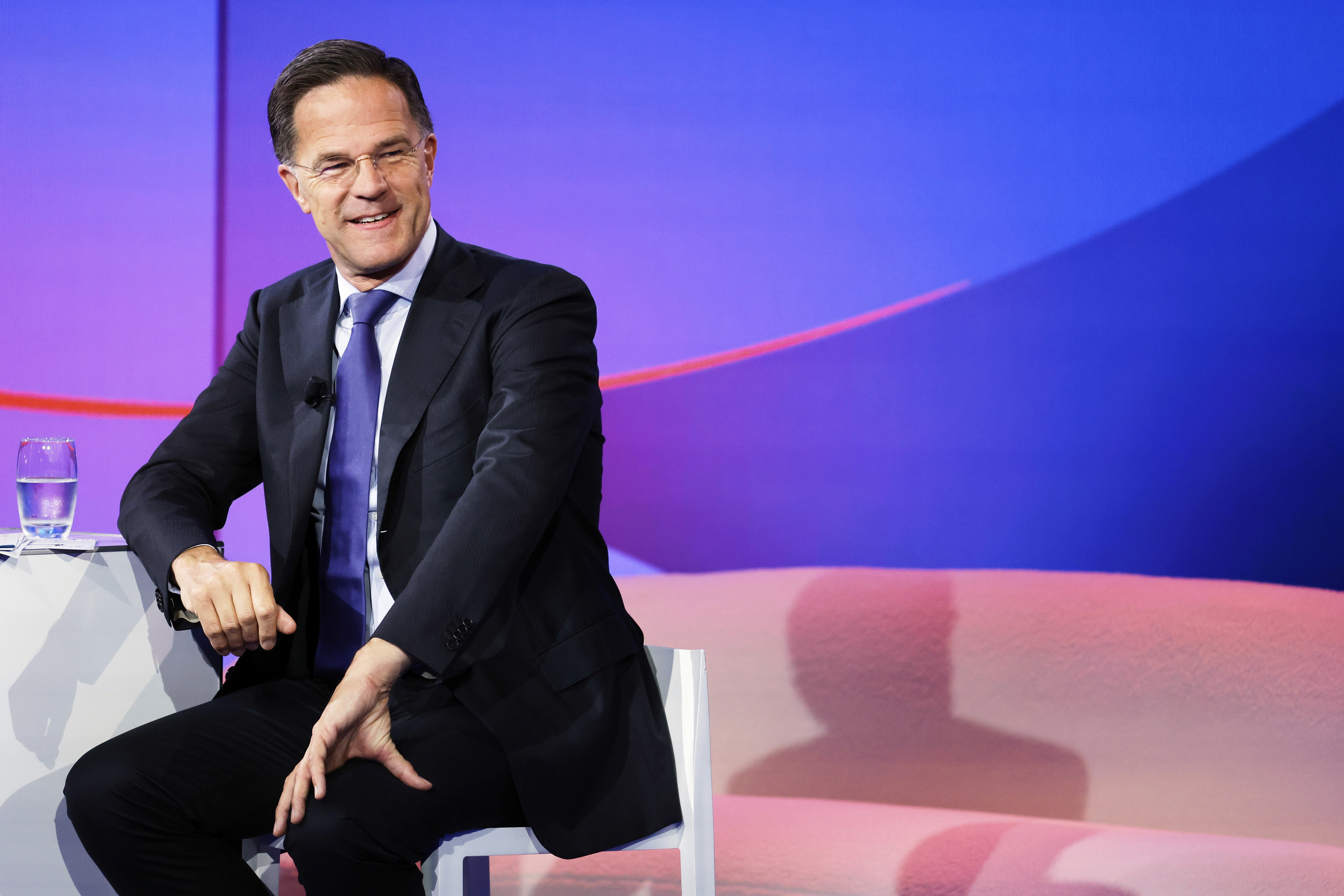Germany will increase its hard military spending to 3.5% of its GDP by 2029, which, combined with the 1.5% of security-related investments, will bring the Defense expenditure of the leading European power to 5% in just four years. NATO Secretary-General, Mark Rutte, has announced this on Tuesday in The Hague, where the Alliance summit is taking place, thus increasing pressure on the Spanish Prime Minister, Pedro Sánchez, whom he corrected yesterday when he said that he will have to spend 5% and not 2.1% as stated by the government leader.
"Germany wants to reach 3.5% of spending on classic defense and, therefore, 5% in total. Not by 2035, they want to achieve it by 2029," Rutte pointed out at the press conference. He then mentioned Sweden, which "announced last week that it wants to reach 3.5% in the coming years"; Norway, which "will reach 3.5% to reach 5% in the coming years"; and "Poland, Estonia, Latvia, Lithuania, Finland are already very close to or even above the threshold."
Rutte also detailed the investment that Germany will make in millions of euros. "They will double their defense spending between 2021 and 2029. That is, they will go from approximately 70,000 million euros of investment to about 150,000 million." The figures are undoubtedly very significant.
And all this, what Germany is going to do, what the countries further east in Europe are doing, and what Rutte hopes all nations will do is crucial because "Russia is reconstituting itself at a truly astonishing and terrifying speed."
An example. Russia produces as much ammunition in three months as the entire Alliance in a year. "And its economy is 25 times smaller than that of the entire NATO. This is not sustainable in the long term. So we have to increase that capacity," he pointed out.
"We have to be prepared. If we are not, we will not be able to defend ourselves from an attack within three to five years. If we want to prevent a war, we must spend more: peace through strength," he added, emphasizing that the threat from Russia is very real.
Rutte also did not forget another discourse that is increasingly heard in Europe: that what is at stake is a style and a way of understanding life. "We are not living in a happy world as after the fall of the Berlin Wall. We are living in much more dangerous times. And there are enemies, adversaries who may want to attack us. And we have to make sure to defend our beautiful way of life, our systems, and our values," he recalled.
